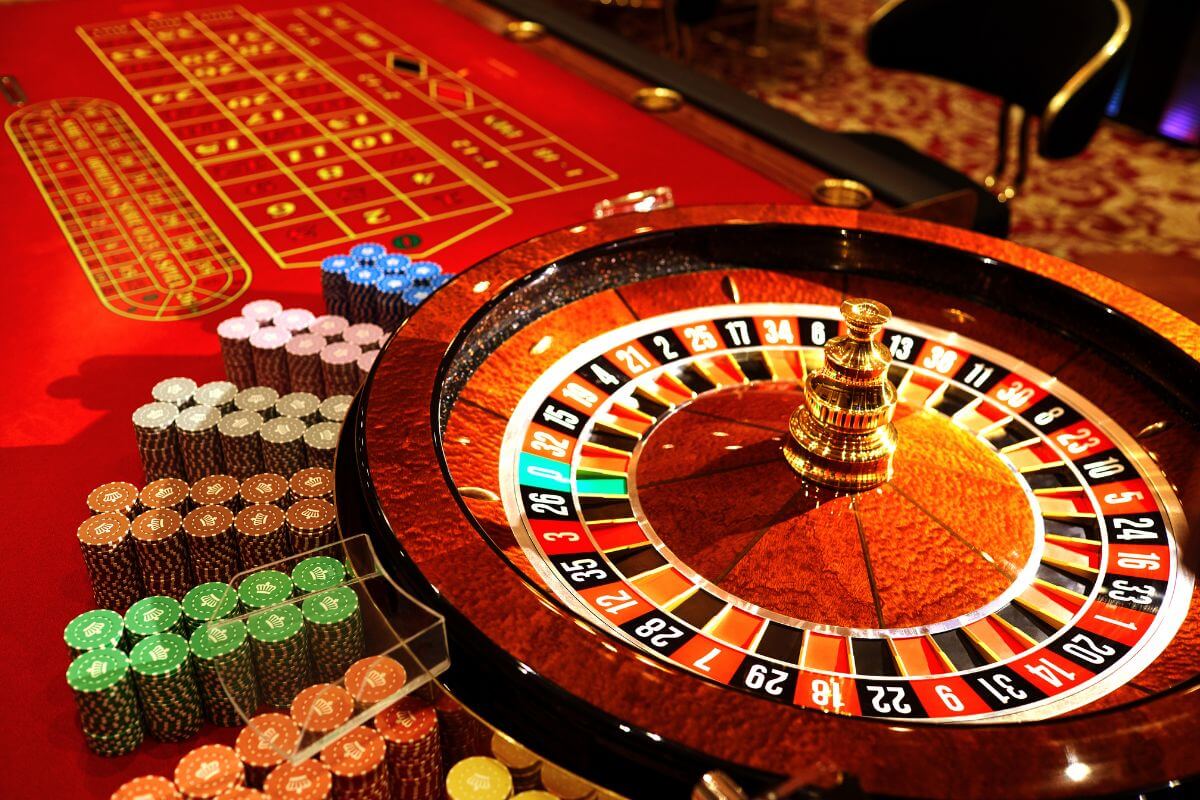
Gambling games have long been a captivating form of entertainment, drawing millions of players from varied cultures around the globe. From the glitzy casinos of the Strip to the thriving gambling halls of the Chinese gambling capital, these games serve as a link that brings together people across a variety of backgrounds. The allure of luck, strategy, and gambling entices not only those seeking to win money but also those seeking a sense of community.
The significance of casino games extends far beyond the gaming floor. They often represent the cultural standards and traditions of the cultures in which they thrive. Games such as Texas hold ’em, blackjack, and the wheel game have woven themselves into the tapestry of popular culture, influencing various aspects from movies to fashion. As we explore this captivating intersection of chance and culture, we can better understand how casino games shape and are influenced by the environment surrounding us.
Chronological Evolution of Gambling Activities
The origins of gaming activities can be tracked back to historical civilizations, where gambling in various forms was widely engaged in. In China, around 2300 B.C., a form of lottery known as Keno was common, while in historic the Roman Empire, soldiers would frequently bet on the consequences of their contests. The idea of using randomness for fun and gain developed over the years, leading to the establishment of more organized activities. By the end of the Middle Ages, gambling houses began to appear in Europe, notably in the Italian peninsula, which presented early versions of popular activities still enjoyed today.
As gambling gained popularity in Europe, the 17th and 18th centuries saw the rise of casinos as exclusive venues for gaming. The initial official casino, the Ridotto, was set up in Venice in the year 1638, featuring activities like Baccarat games and the game Faro. This era marked a significant pivoting point, as casinos commenced to welcome not just the wealthy but also the burgeoning middle-income class. The sophistication of activities evolved, leading to the creation of new guidelines and modifications that improved the play experience.
In the 19th century, the industrial revolution and shifts in societal norms further changed the environment of casino activities. The launch of the game of roulette and contemporary slot machines drew a more diverse crowd, and casinos became seen as legitimate forms of recreation. This time witnessed the globalization of casino activities, as gambling houses extended from European nations to the Western Hemisphere, culminating in the establishment of the iconic Strip of Las Vegas in the twentieth century. The progress of gaming games has persisted into the current era, including new technologies and online sites, allowing them open to a worldwide audience.
## Cultural Significance in Different Cultures
Casino games have deep-rooted cultural and social significance across a multitude of cultures throughout the planet. Places like Las Vegas, the very core of the urban landscape is woven around gambling establishments, where gaming is not just a recreational activity but a key aspect of leisure and community interaction. The vivid lights and vibrant atmosphere attract countless individuals, showcasing how casino games can shape local financial landscapes and cultural uniqueness. This environment transforms the notion of relaxation into an immersive event that shapes apparel, music, and even movies.
On the other hand, some societies treat wagering with more caution, viewing it through the lens of ethical beliefs and heritage. For example, in many Eastern societies, games like Mahjongg and Pai Gow Poker are full of history and carry significant social implications. These games are often played during gatherings and occasions, fostering social ties and strengthening family ties. The act of participating in these games goes past mere amusement, reflecting ethics such as deference to seniors and the significance of shared enjoyment.
Simultaneously, in continental countries such as the principality of Monaco and Italy, gambling activities serve as symbols of wealth and sophistication. The refined atmosphere of these venues attracts both visitors and locals, upholding a sense of distinction and elitism. The art of Texas Hold’em and the strategic elements of games like banker’s game are esteemed, influencing social dynamics and creating an appeal that fascinates a heterogeneous audience. This underscores how games of chance can concurrently reflect and shape cultural perspectives towards hazard, benefit, and social interaction.
Economic Impact and Travel Industry
Gambling activities play a crucial role in the economic landscape of many regions, particularly those that depend significantly on tourism. The revenue produced from gambling establishments fuels local financial systems, creating jobs not only within the casinos themselves but also in related sectors such as hotel management, dining, and recreation. This influx of tourists, drawn by the allure of games and the overall gaming environment, stimulates spending across multiple businesses, contributing to the economic vitality of the region.
The existence of casinos often leads to the construction of facilities, including lodging, transportation systems, and leisure amenities. These developments are essential in enhancing the overall visitor satisfaction, making destinations more attractive to tourists. Additionally, many casinos invest in local communities through support of events and philanthropic activities, further integrating themselves into the social fabric of the region. Such contribution not only supports economic growth but also fosters a positive image of the casino industry.
Moreover, the worldwide appeal of casino games drives competitive tourism, with regions vying to attract gamblers from across the globe. Iconic locations like Las Vegas and Macau have become identifiable with gambling culture, drawing millions annually. This competitive edge encourages innovation and variety within the gaming industry, influencing trends in entertainment and accommodation that extend beyond their borders. casino en ligne france The ripple effects of this tourism extend far, impacting local financial health and cultural interactions on a worldwide scale.
